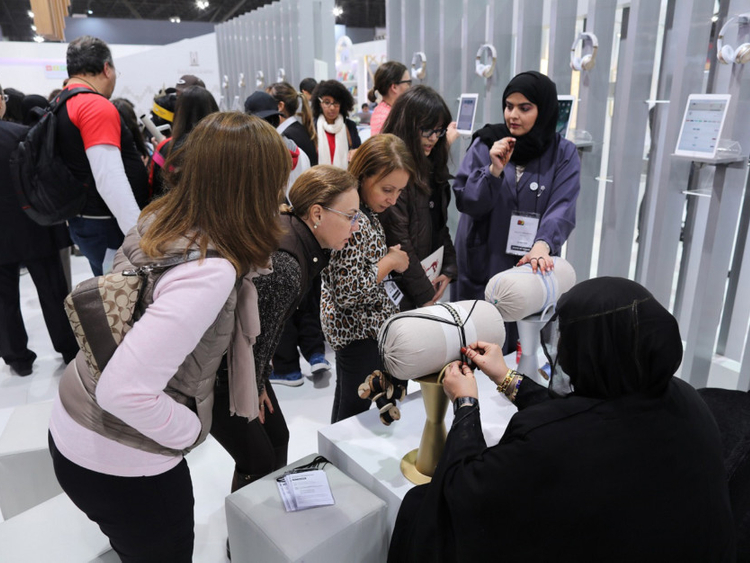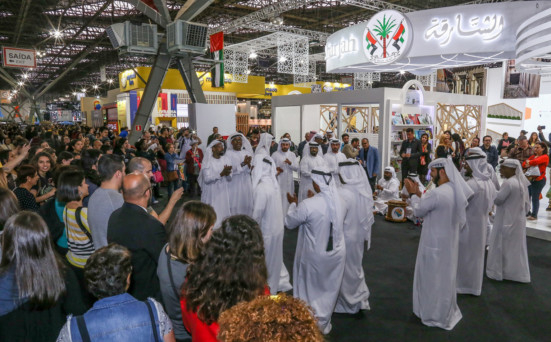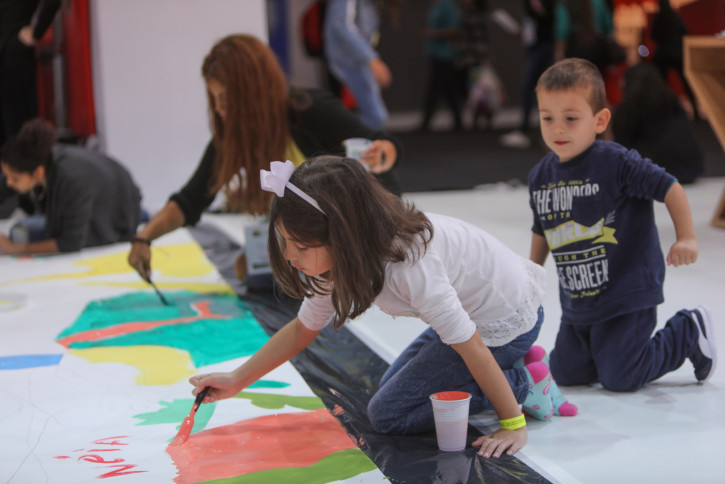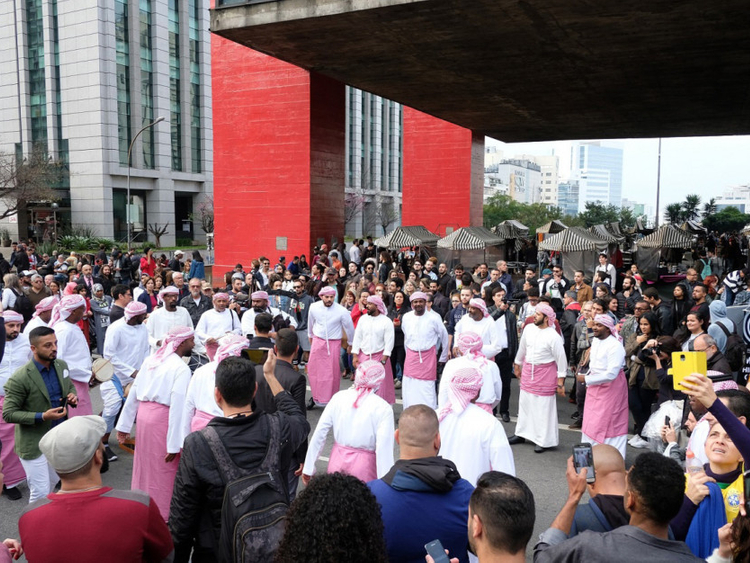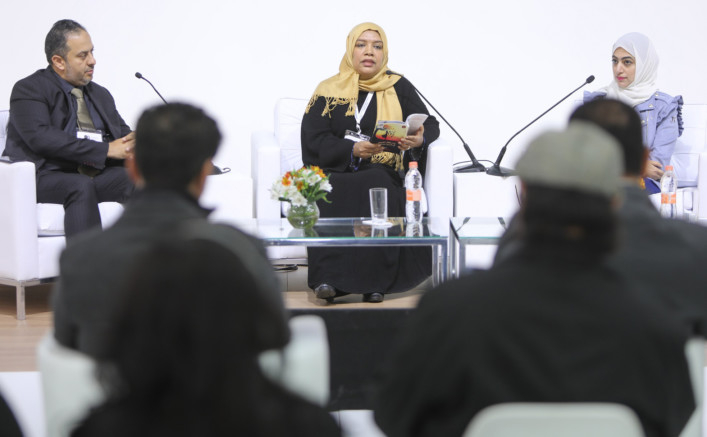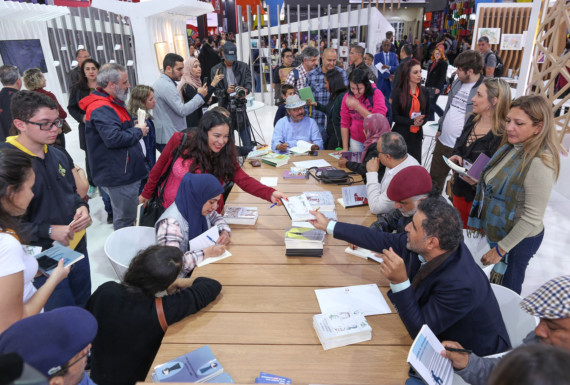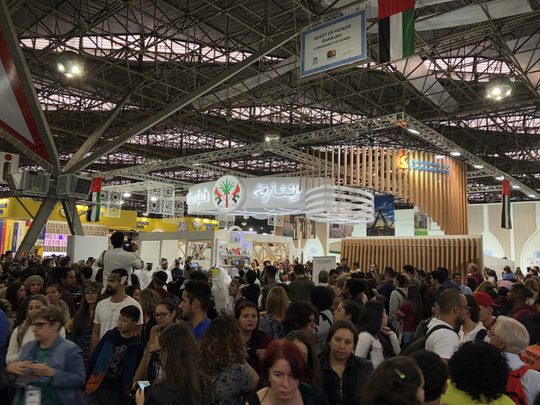
Dubai: Sharjah put up a spectacular 10-day showcase of Emirati and Arab cultures to honour its selection as the first guest of honour at the Sao Paulo International Book Fair in Brazil.
The UAE flag was hoisted high at the fair, which saw the Sharjah Book Authority (SBA) take the lead in a plethora of activities organised at the massive Sharjah Pavilion.
The platform brought together Brazilian and Emirati cultures, offering space for an open dialogue between the two nations to enhance bilateral relations.
Dozens of Emirati and Arab authors, intellectuals and artists engaged thousands of visitors in discussions on Emirati literature, plays and novels translated into Portuguese for the first time.
Brazilians visiting the fair engaged with a spectrum of panels unveiling the similarities and uniqueness of the two cultures.
Sao Paulo’s streets came alive with an Emirati carnival featuring traditional song and dance performances steeped in the UAE’s history, whose protagonists married Samba beats to the tempo of Tanbura, Mizmar, Shindo and other Arab musical instruments as they narrated old tales of the UAE’s sailors and pearl divers in crowd-pulling performances.
An overwhelming number of visitors turned up at the pavilion to have their Portuguese copies of Emirati titles signed by the authors. Over 40 contemporary Emirati authors and intellectuals were in attendance at the fair.
The pavilion had also witnessed a number of Brazilian visitors getting their names written in a variety of Arabic calligraphy types, had delicate henna drawn on their palms and watched Emirati artisans creating the UAE’s traditional crafts of Talli and Safeefa.
A section displayed Portuguese editions of two popular works by His Highness Shaikh Dr Sultan Bin Mohammad Al Qasimi, Member of the Supreme Council and Ruler of Sharjah.
Sharjah offered its Brazilian publishing counterparts a comprehensive picture of the writing and publishing industry in the UAE and the Gulf region, as well as the emirate’s ongoing cultural and creative initiatives, which seek to boost its leading cultural project.
All these efforts were made to communicate the message of Shaikh Sultan on the importance of a globalised world built on cross-cultural dialogue, and culture and knowledge exchange, based on which His Highness launched the emirate’s vibrant cultural project five decades ago.


